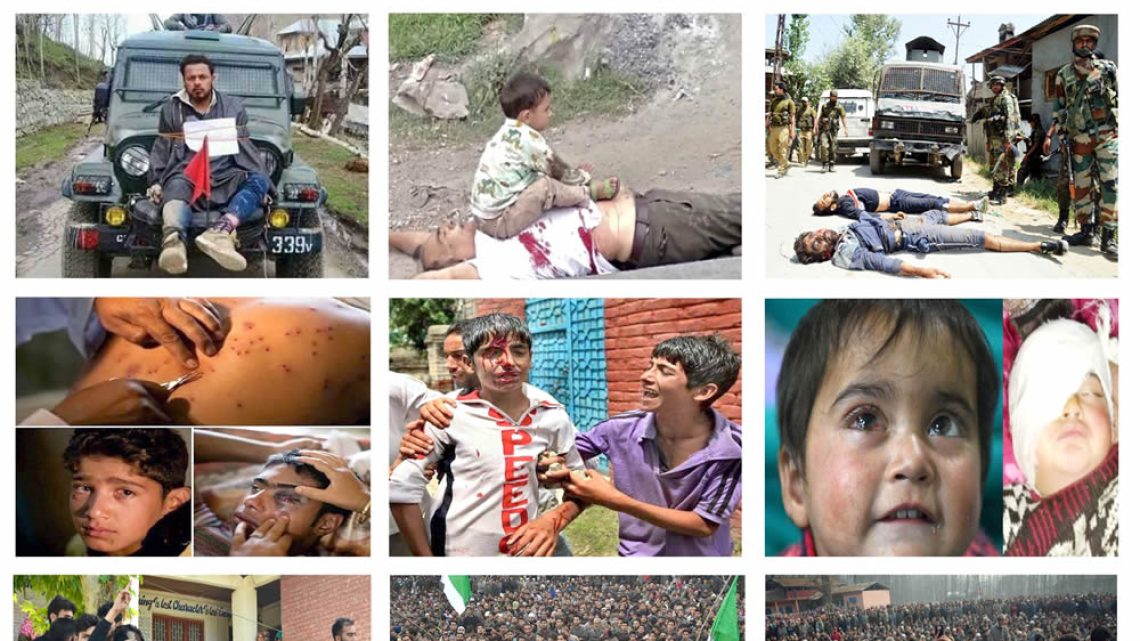
India’s Human Rights Abuses in IIOJK: A Call for Global Accountability
October 26, 2024Dr. Ghulam Nabi Fai, Chairman of the World Forum for Peace & Justice, recently praised Amnesty International for its critical report on India’s human rights violations, released on October 21, 2024.
This report lays bare India’s blatant disregard for international treaties, specifically the International Covenant on Civil and Political Rights (ICCPR) and the International Covenant on Economic, Social and Cultural Rights (ICESCR). It echoes previous findings from UN human rights bodies regarding the dire situation in Kashmir.
Dr. Fai emphasized that the Amnesty report starkly reveals the extensive human rights abuses occurring in Kashmir. He called for the global community to acknowledge these violations. The report’s examination of India’s interactions with the UN Human Rights Council (UNHRC) highlights a disturbing lack of progress in implementing recommendations from the Universal Periodic Review (UPR) process.
The Indian government, as noted by Dr. Fai, consistently employs repressive laws like the Armed Forces (Jammu and Kashmir) Special Powers Act and the Unlawful Activities (Prevention) Act. These laws are used to justify the suppression of free speech and assembly, stifling dissent and silencing voices.
Since the Indian government revoked Article 370 on August 5, 2019, the situation in Kashmir has plummeted. This revocation stripped the region of its special status and has been labeled by human rights experts as a step toward potential genocide. Reports indicate severe restrictions on freedoms and fundamental rights in the area.
Amnesty’s report also points out India’s lack of meaningful engagement with the Office of the High Commissioner for Human Rights (OHCHR). The call for urgent action to address ongoing violations cannot be overstated. This disengagement is emblematic of India’s broader refusal to acknowledge its human rights obligations.
Dr. Fai’s concluding remarks underscore the urgent need for international intervention. He believes that addressing human rights abuses in Kashmir is vital for resolving this protracted conflict. This resolution is crucial for ensuring peace and stability in South Asia.
The world must not turn a blind eye to these atrocities. The Amnesty report serves as a vital wake-up call, demanding that the international community confront India’s blatant violations.
It’s time for accountability. The ongoing suffering in Kashmir cannot be ignored any longer. Immediate action is necessary to protect the rights of the Kashmiri people and to challenge India’s oppressive measures. The future of South Asia hangs in the balance, and the world must respond decisively.

